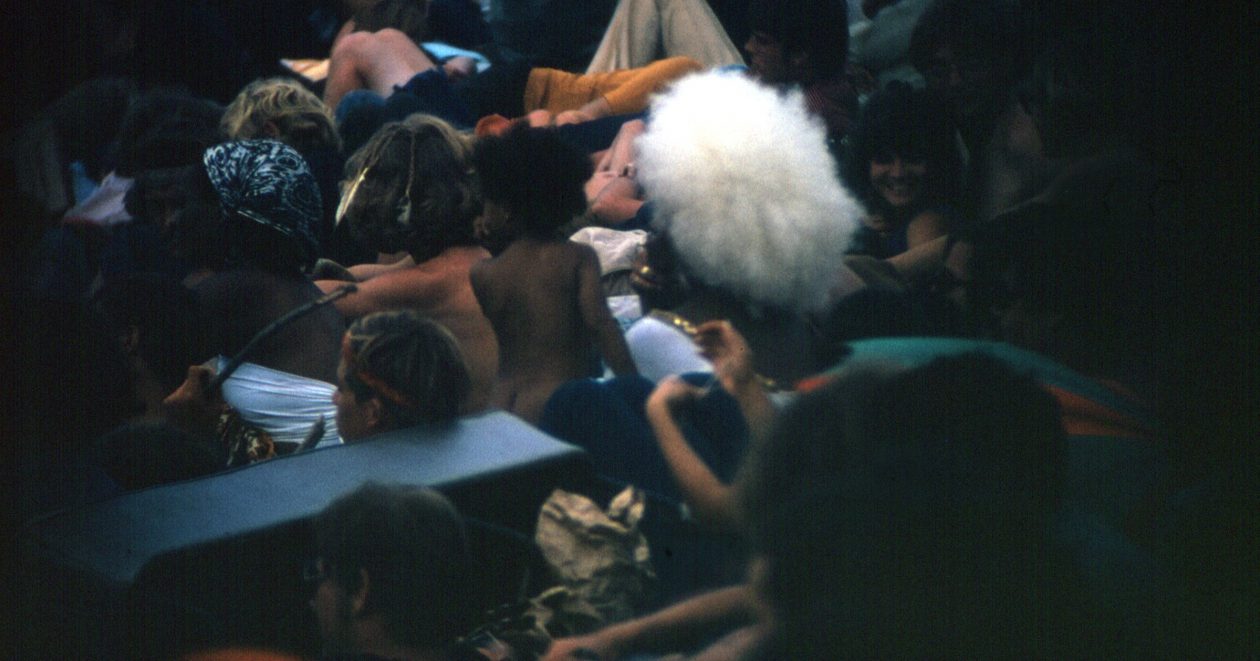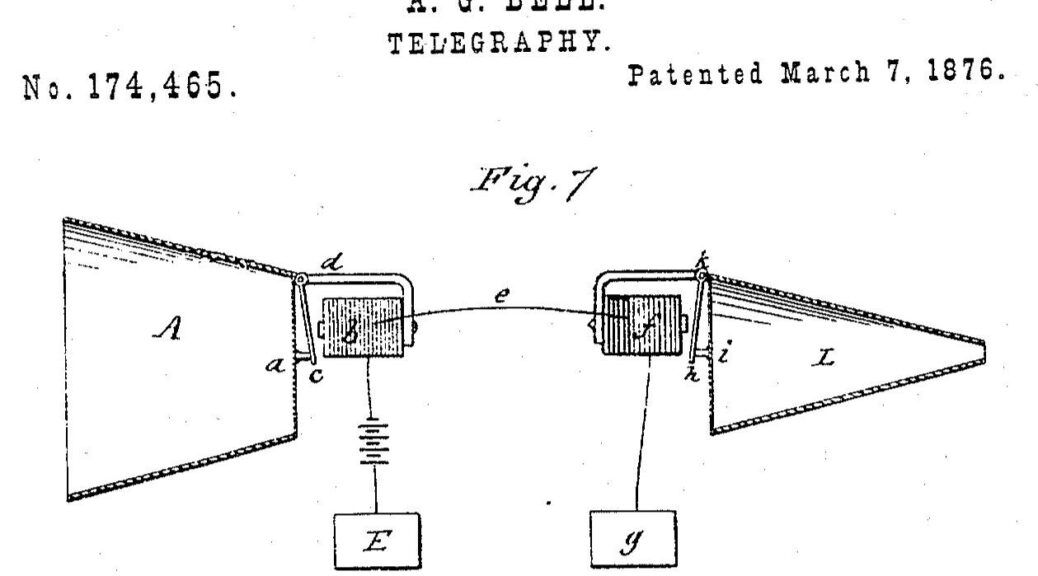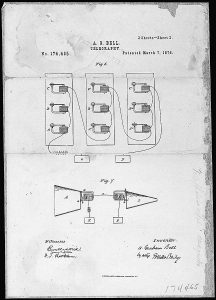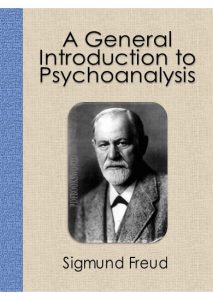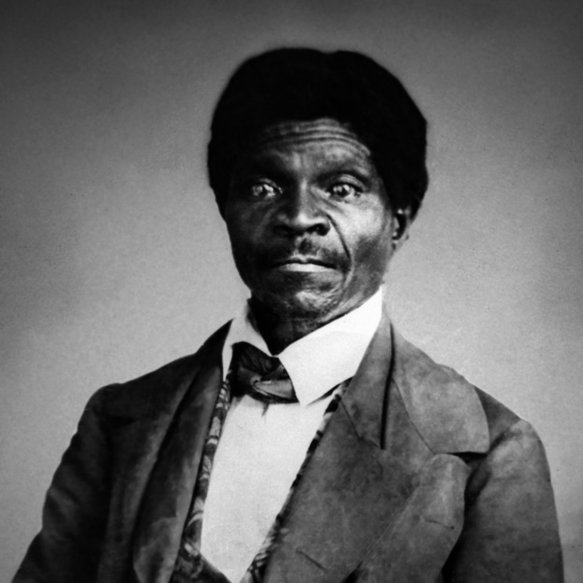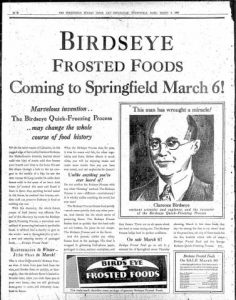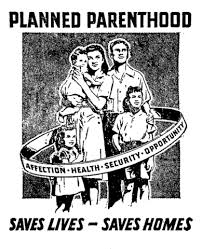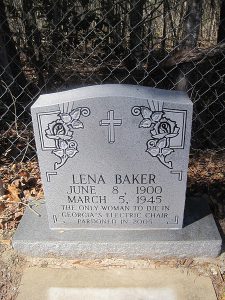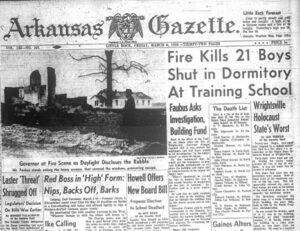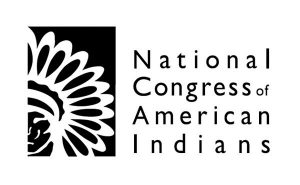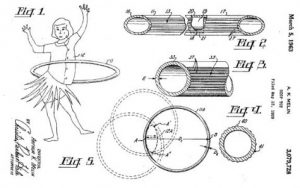March 7 Peace Love Art Activism
Technological Milestone
March 7, 1876: Alexander Graham Bell received a patent for the telephone. (see March 4, 1877)
March 7 Peace Love Art Activism
BLACK HISTORY
Nixon v. Herndon
March 7, 1927: Nixon v. Herndon, decided on this day, was an early civil rights case in which the Supreme Court unanimously struck down a 1902 Texas law that barred African-Americans from voting in Democratic Party primary elections. While a great victory, it was short-lived. Texas evaded the decision by making the Democratic Party a private entity, responsible for its own primaries, thereby eliminating the element of state action. (BH, see June 8; VR, see April 19, 1929)
Felton Turner
March 7, 1960: Houston: in reaction to sit-ins, 18-year-old Ronald Erickson and others abducted 27-year-old unemployed awning installer Felton Turner. Ericson and the others beat Turner with a chain, carved KKK into Turner’s stomach, and hung him by his knees upside down in a tree. Turner escaped and survived. (see G4 for expanded chronology)
1960 sit-ins
March 7, 1961: on March 15, 1960 sit-ins had begun in Atlanta, Georgia. A year later lunch counters operated by major chain stores agreed to desegregate. This event was one of the major victories of the sit-in movement, which began in Greensboro, North Carolina on February 1, 1960, and quickly spread across the South.
One of the leaders of the March 1960 Atlanta sit-ins was Julian Bond, who was later elected to the Georgia legislature, denied his seat because of his political views, and then seated under a decision by the Supreme Court on December 5, 1966. (see Mar 13)
Repeal of all segregation ordinances
March 7, 1963: the Albany, GA City Commission voted 6 – 1 to repeal all segregation ordinances. The Commission also voted 4 – 3 to re-open the library after being closed for seven months. No action was taken regarding the city’s tennis courts, swimming pools, park recreation areas and teen centers which had been closed at the same time. The city’s bus line remained closed. (see Albany for expanded story)
see March to Montgomery for expanded story
March 7, 1965: about six hundred people left the Brown Chapel AME Church in Selma for a 54-mile march to the state capitol of Montgomery. They were demonstrating for African American voting rights and to commemorate the death of Jimmie Lee Jackson, shot three weeks earlier by a state trooper while trying to protect his mother at a civil rights demonstration.
SCLC’s Hosea Williams and SNCC’s John Lewis led them. A number of newsmen witnessed the long column of freedom singing marchers as they approached the Edmund Pettus Bridge, the gateway out of Selma. Roughly 100 State Troopers, commanded by Major John Cloud, blocked the opposite end of the bridge.. Williams tried to speak with Cloud twice, but the major said “There is no word to be had…you have two minutes to turn around and go back to your church.”
Within a minute, the marchers were attacked by tear gas and charging horsemen. The incident was seen on national television while 16 marchers ended up in the hospital and another 50 received emergency treatment.
Media dubbed the incident “Bloody Sunday.” The march was considered the catalyst for pushing through the voting rights act five months later. . (next BH, see Mar 8)
South Carolina v. Katzenbach
March 7, 1966: exactly one year after the beatings of civil rights marchers on the Edmund Pettus Bridge in Selma, Alabama (see “Bloody Sunday,” March 7, 1965), which sparked national outrage and led to enactment of the historic 1965 Voting Rights Act (August 6, 1965), the Supreme Court, in South Carolina v. Katzenbach, rejected the first constitutional challenge to the law. The case involved a rare exercise of original jurisdiction by the Supreme Court. (BH, see Mar 22; VR, see Mar 24)
Rodney King
March 7, 1991: Rodney King released without being charged. (King, see Mar 15)
March to Montgomery
March 7, 2015: (from the NYT) President Obama and a host of political figures from both parties came to Selma to reflect on how far the country had come and how far it still had to go.
Fifty years after peaceful protesters trying to cross a bridge were beaten by police officers with billy clubs, shocking the nation and leading to passage of the landmark Voting Rights Act of 1965, the nation’s first African-American president led a bipartisan, biracial testimonial to the pioneers whose courage helped pave the way for his own election to the highest office of the land.
But coming just days after Mr. Obama’s Justice Department excoriated the police department of Ferguson, Mo., as a hotbed of racist oppression, even as it cleared a white officer in the killing of an unarmed black teenager, the anniversary seemed more than a commemoration of long-ago events on a black-and-white newsreel. Instead, it provided a moment to measure the country’s far narrower, and yet stubbornly persistent, divide in black-and-white reality
Izola Ware Curry
March 7, 2015: Izola Ware Curry, the mentally ill woman who on September 20, 1958 stabbed the Rev. Dr. Martin Luther King Jr. at a Harlem book signing — an episode that a decade later would become a rhetorical touchstone in the last oration of his life — died in Queens. She was 98. Ms. Curry died in a nursing home, the last stop in the series of institutions that had been her home for more than half a century. Her death, confirmed by the office of the chief medical examiner of New York. (see June 17)
Emmett Till Anti-Lynching Act
March 7, 2022: the Senate unanimously passed a bill that criminalized lynching and made it punishable by up to 30 years in prison. It sailed through the House of Representatives last month, and President Biden was expected to sign it.
While it eased through both chambers of Congress this time with virtually no opposition, the path to passage took more than 100 years and 200 failed attempts.
Under the bill, named the Emmett Till Anti-Lynching Act after the 14-year-old boy from Chicago who was lynched while visiting family in Mississippi, a crime can be prosecuted as a lynching when a hate crime results in a death or injury, said Rep. Bobby Rush, D-Ill., a longtime sponsor of the legislation.
“Lynching is a longstanding and uniquely American weapon of racial terror that has for decades been used to maintain the white hierarchy,” Rush said in a statement. “Unanimous Senate passage of the Emmett Till Anti-Lynching Act sends a clear and emphatic message that our nation will no longer ignore this shameful chapter of our history and that the full force of the U.S. federal government will always be brought to bear against those who commit this heinous act.” [NPR article] (next BH, see Mar 14; next Lynching & ET see Mar 28; for expanded chronology, see AL 4 )
March 7 Peace Love Art Activism
US Labor History
Communist Party of America
March 7, 1932: three thousand unemployed auto workers, led by the Communist Party of America, braved the cold in Dearborn, Mich., to demand jobs and relief from Henry Ford. The marchers got too close to the gate and were gassed. After re-grouping, they were sprayed with water and shot at. Four men died immediately; 60 were wounded (see Mar 8)
Writers Guild strike
March 7, 1988: Hollywood writers represented by the Writers Guild of America struck against 200 television and movie studios over residuals payments and creative rights. The successful strike lasted 150 days, one of the longest in industry history. (see June 29)
March 7 Peace Love Art Activism
FREE SPEECH
General Introduction to Psychoanalysis
March 7, 1953: books by Sigmund Freud disappeared from the shelves of Cleveland, Ohio, bookstores as a result of a local “purity” crusade. Robert Klein, owner of the largest local magazine and book dealer, said that Freud’s book, General Introduction to Psychoanalysis, had been removed because of a chapter on sex. Klein, however, complained that “it is difficult to tell what the law means by obscenity.” Novels by such authors as John Steinbeck, Mickey Spillane, and Somerset Maugham had also disappeared from bookstores.
Book burning
March 7, 1953: the Newark, New Jersey, police and fire departments publicly burned allegedly obscene photographs, movies, and books, with an estimated retail value of over $100,000. Forty members of the clergy, civic leaders, and PTA officials attended the burning as guests of the police and fire department. Public Safety Director John B. Keenan declared it “a good idea to show that this stuff was actually destroyed.” (see October 26, 1954)
Fair Use
March 7, 1994: the U.S. Supreme Court ruled that parodies that poke fun at an original work can be considered “fair use” that does not require permission from the copyright holder. (see May 17, 1995)
March 7 Peace Love Art Activism
The Beatles
March 7, 1962: The Beatles recorded their radio debut for the show Teenager’s Turn – Here We Go at the Playhouse Theatre, Hulme, Manchester. Wearing suits for the very first time, The Beatles performed three cover versions: Memphis, Tennessee, Dream Baby (How Long Must I Dream?), and Please Mister Postman. The show was broadcast on the BBC Light Programme the following day between 5 and 5.30 PM. (see Apr 5)
March 7 Peace Love Art Activism
LGBTQ
“The Homosexuals”
March 7, 1967: CBS Reports broadcast “The Homosexuals.” The episode included interviews with several gay men, psychiatrists, legal experts and cultural critics, interspersed with footage of a gay bar and a police sex sting. CBS correspondent Mike Wallace stated: We discovered that Americans consider homosexuality more harmful to society than adultery, abortion, or prostitution.
At the close of the program, Wallace concluded: The dilemma of the homosexual: told by the medical profession he is sick; by the law that he’s a criminal; shunned by employers; rejected by heterosexual society. Incapable of a fulfilling relationship with a woman, or for that matter with a man. At the center of his life he remains anonymous. A displaced person. An outsider. The Chicago Tribune titled its review “TV No Spot to Unload Garbage” and attacked CBS for presenting such material to young and impressionable viewers.
LGBTQ activist Wayne Besen labeled the broadcast “the single most destructive hour of anti-gay propaganda in our nation’s history.” (see Mar 8)
V Gene Robinson
March 7, 2004: in Concord, N.H the Episcopal Church invested V. Gene Robinson as the Church’s first openly gay bishop. (CBS news article re furor over his appointment) (see Mar 11)
Alabama parental rights
March 7, 2016: the U.S. Supreme Court overturned an Alabama judicial ruling that refused to recognize a gay woman’s parental rights over three children she adopted with her lesbian partner and raised from birth.
The court took the relatively unusual step of reversing the Alabama Supreme Court without hearing oral argument. Cases are decided in that fashion when a lower court ruling is considered to be particularly counter to Supreme Court precedents. None of the eight justices dissented.
The court said in an unsigned opinion that the Alabama court was required to recognize the woman’s parental rights because they had been legally endorsed by a court in Georgia.
The Supreme Court had already intervened in the case once before. In December, the court ordered that the Alabama ruling be put on hold while the woman, named in court papers as V.L., filed a formal appeal of the September ruling by the Alabama Supreme Court. (see Mar 23)
Transgender/Military
March 7, 2019: U.S. District Judge George Russell in Maryland rescinded the last block on Donald Trump’s transgender military ban, paving the way for the military to purge transgender people from its ranks.
Russell accepted the Justice Department’s motion to lift his injunction on the ban, citing a recent (Jan 22) Supreme Court decision. (see Apr 2)
March 7 Peace Love Art Activism
Native Americans
Wounded Knee
March 7, 1973: the Federal Government issued an ultimatum to the Indians holding Wounded Knee to move by nightfall the next day. The Indians vowed to remain saying that the authorities must “either massacre us or meet our basic human demands.” (see Mar 19)
Dakota Access oil pipeline
March 7, 2017: American Indians from across the country brought their frustrations with the Trump administration and its approval of the Dakota Access oil pipeline to the nation’s capital, kicking off four days of activities that would culminate in a march on the White House.
Tribal members and supporters planned to camp each day on the National Mall, with teepees, a ceremonial fire, cultural workshops and speakers. Native American leaders also plan to lobby lawmakers to protect tribal rights.
“We are calling on all our Native relatives and allies to rise with us,” said Dave Archambault, the chairman of the Standing Rock Sioux tribe. “We must march against injustice. Native nations cannot continue to be pushed aside to benefit corporate interests and government whim.” (see July 16)
March 7 Peace Love Art Activism
Student Rights
March 7, 1980: two Piscataway Township (NJ) High School freshmen were caught smoking cigarettes in the bathroom. The students met with the assistant vice principal, Theodore Choplick. Choplick questioned them about violating a school rule by smoking in the bathroom. The first girl admitted to smoking, but the other girl – widely known as Tracy Lois Odem (though name not confirmed, as her rights were protected due to age) – denied smoking in the bathroom and stated she had never smoked in her life.
Choplick then asked Tracy Lois Odem into his private office and demanded she hand over her purse. Upon opening the purse he observed a pack of cigarettes; while removing the cigarettes he noticed a package of rolling papers. Based on his experience, the possession of rolling papers of high school students was closely tied to the use of marijuana. Choplick then began a more thorough search for the evidence of drugs. Her search revealed a small amount of marijuana, a pipe, empty plastic bags, a large quantity of money in $1 bills, an index card that appeared to list students who owed Tracy Lois Odem money, and two letters that implicated Tracy Lois in dealing marijuana. The principal then called the police and the girl’s mother, who voluntarily drove her to the police station. (SR, see June 15, 1982; Piscataway, see January 15, 1985)
March 7 Peace Love Art Activism
DEATH PENALTY
March 7, 1995: after 18 years of being without a death penalty, New York Gov. George E. Pataki fulfilled one of his central campaign vows by signing a death penalty bill into law, making New York the 38th state with capital punishment. (NYT article) (see January 12, 1996)
March 7 Peace Love Art Activism
Feminism
March 7, 2010: Kathryn Bigelow became the first woman to win an Academy Award for best director for her Iraq War thriller “The Hurt Locker,” which won six Oscars, including best picture. (NYT article) (see October 9, 2012)
March 7 Peace Love Art Activism
Voting Rights
March 7, 2021: with an executive order , President Joe Biden directed federal agencies to take a series of steps to promote voting access, a move that came as congressional Democrats pressed for a sweeping voting and elections bill to counter efforts to restrict voting access.
“Every eligible voter should be able to vote and have it counted,” Biden said. “If you have the best ideas, you have nothing to hide. Let the people vote.”
Biden’s order included several modest provisions. It directed federal agencies to expand access to voter registration and election information, called on the heads of federal agencies to come up with plans to give federal employees time off to vote or volunteer as nonpartisan poll workers, and pushed for an overhaul of the government’s Vote.gov website. [AP article] (next VR, see Dec 9)
